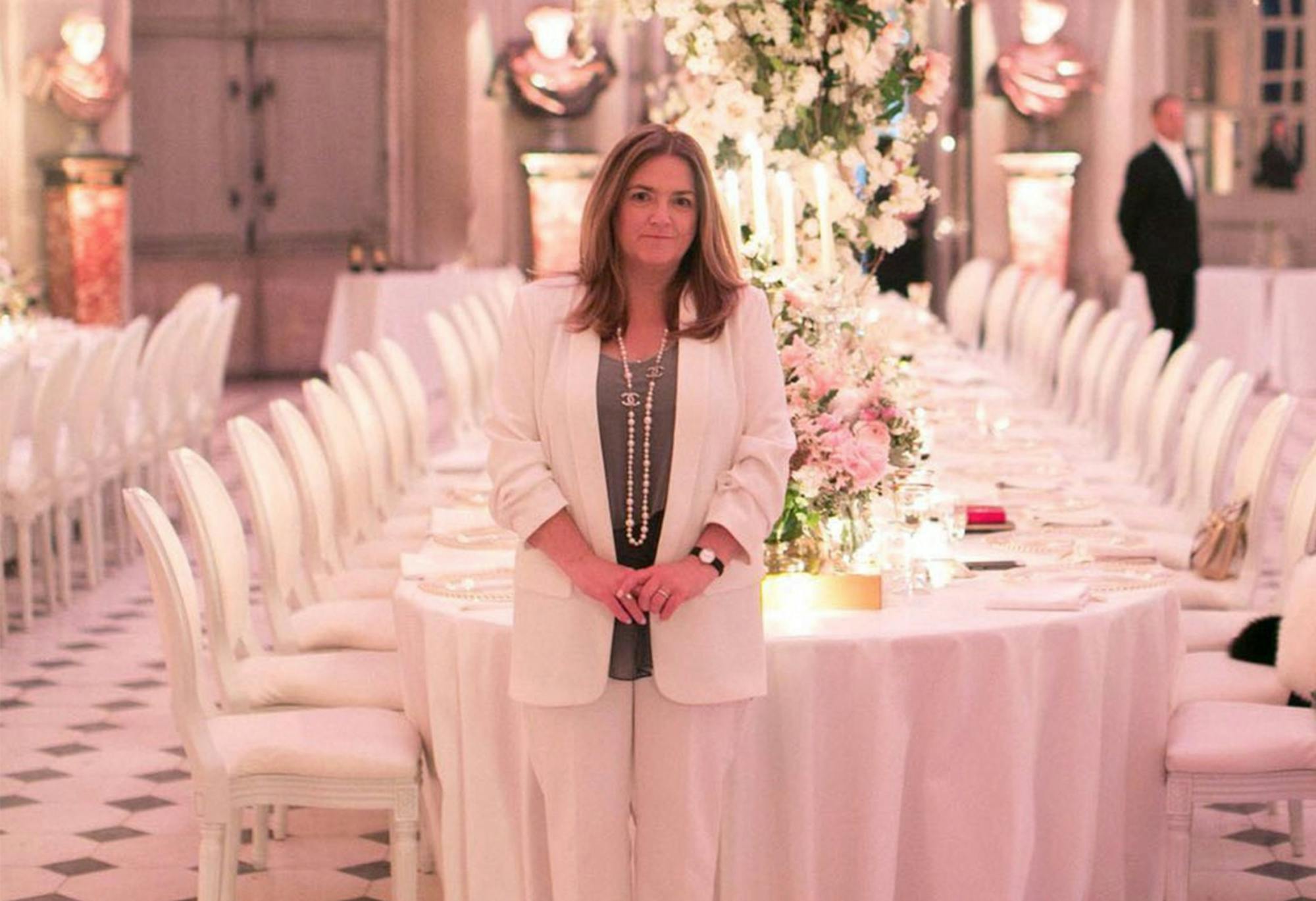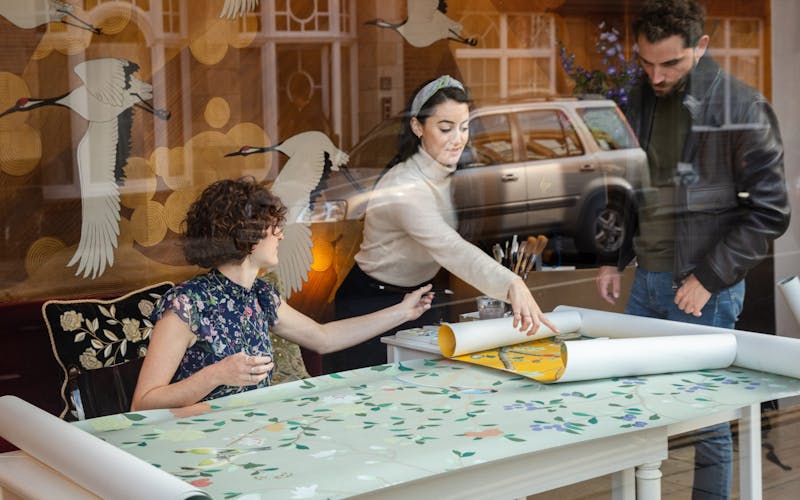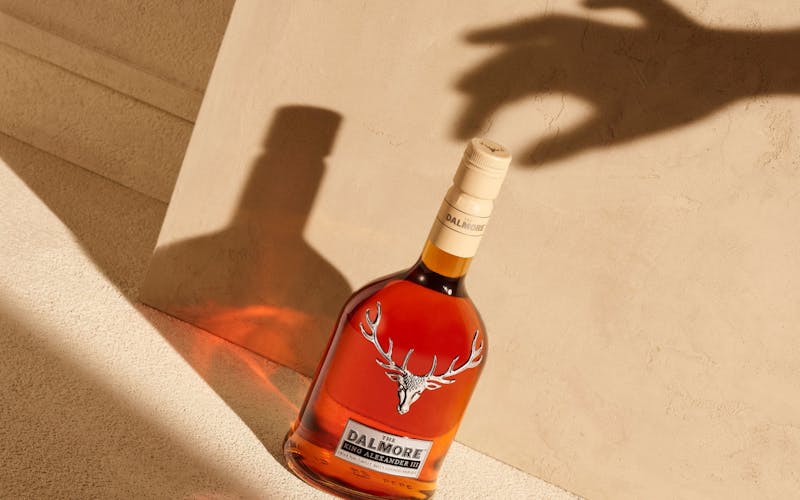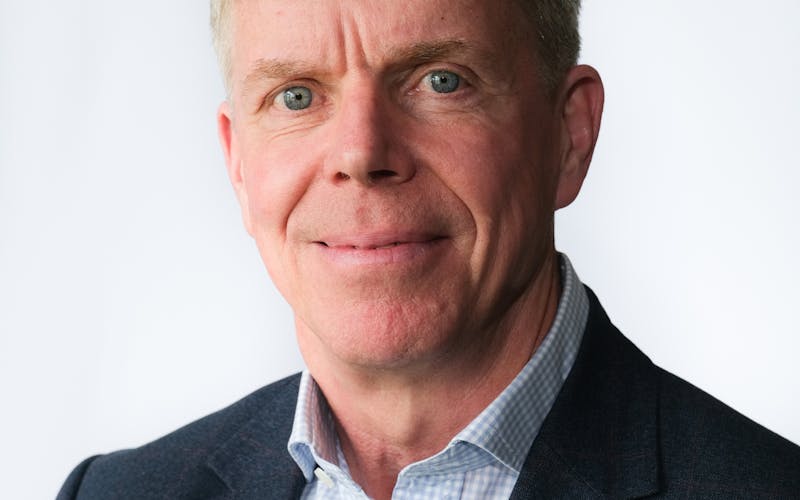

for Walpole members and
non-members available now
at The Londoner



Why did you choose to start your own luxury business?
I started the business 15 years ago, and originally we didn’t work exclusively in the luxury sector as we do now. When I hit my mid-thirties, I wanted a career change, and the skillset I developed in my first career as a TV news journalist and producer was transferrable. When I planned my first party over two decades ago, there was not the proliferation of wedding and party planners that there is now, so the very idea of a wedding planner was seen as a luxury, and the entry-level was high. Two decades ago, the internet was still dial-up, and books and magazines were the primary sources of inspiration. So in 2006, when my first wedding book, the ‘Wedding Bible’, was published, it assisted us in marketing the business. Indeed within weeks, it became the top-selling bridal book in the UK and remained so for some years. It helped launch us into the celebrity arena, and we also started working with HNW families. Their celebrations are large-scale productions on another level, so I looked into who was servicing the party planning market for such families. I discovered there were very few offering a service tailored to their very specific needs, demands and expectations - and even fewer working exclusively for them outside the concierge services. Being in London, a base for so many international families, and surrounded by all the companies and services one needs to deliver events like ours, I knew this niche service was the direction we should take, and I had already put in the groundwork to learn my craft and was building a team around me.
What is it about British luxury that means new, female-led brands thrive?
At this moment in time, working in the sector I do, I find answering this question extremely challenging. I look at the extraordinary brands represented by Walpole for example, and it feels there has never been a better time for female-led brands to develop and thrive. But ironically, I find myself at the helm of a leading business in a female-dominated sector highlighting the plight of so many businesses decimated by the challenges posed by the pandemic restrictions yet left behind at a decision-making level. I am struggling now with the realisation that this might be because my female-led sector is viewed at the highest level as a frivolous luxury. Yet weddings generate £14.7 billion annually and employ 400,000 workers in 60,000 businesses. Women, in particular, remain disadvantaged by the recent budget - and no more so than in the weddings sector where an army of female-driven, at-home businesses and sole-traders remain no better off. I feel it is the responsibility of those of us who have enjoyed success not to forget these women - and they exist in the supply chain of many luxury brands.
I am also Global Ambassador for the charity ‘Vow to End Child Marriage’. Since the pandemic struck, 12 million girls under the age of consent have been married (as they are every year). So I cannot see those of us here in the UK, who are driving luxury businesses, and championing them across the world, being able to exist in a vacuum, ignoring the inequalities for so many women as we head into the second quarter of the 21st Century. I am also slightly alarmed that it has taken until my third quarter for these disparities to resonate with me.
Tell us about the women that inspired you on your journey? What advice would you give to the next generation of female founders looking to set up their own brands?
Despite what could be seen as a negative slant to this interview overall (apologies!), there are so many women in all walks of life and in every type of business who inspire and facilitate change. They are everywhere, and what they define as success may not just be that they are driving high profile, profitable businesses and brands.
The advice I would give to the next generation of female founders is to look at who inspires you and why, read about them and what they say about themselves and the paths to their success – which were likely littered with many obstacles, failures (or as I like to call them: ‘learning opportunities’) as well as opportunities and successes. I believe hard work, developing expertise, building a great team, learning and listening, being bold and brave - as well as a decent sprinkling of good luck - brings success.
sarahhaywood.com





